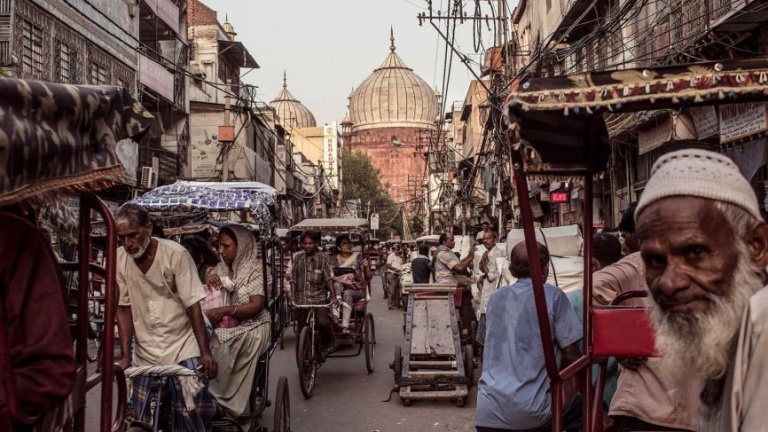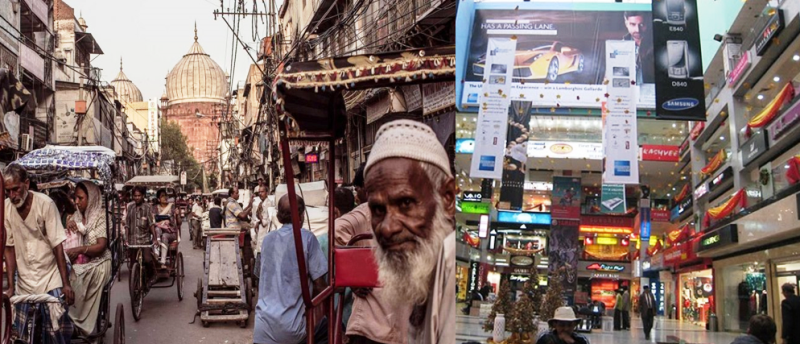VIEWPOINT
For modern societies characterised by stringent division of labour, the institution of schooling is considered to be of great relevance however this system can silence the values and dreams of several learners coming from unconventional families. The need of the contemporary age is to start a dialogue between the modern and the traditional so that a really incisive knowledge fabric can be arrived at.
Ritu Kumar is currently Editorial Intern with The New Leam.
In contemporary societies that are governed by the logic of modern rationalism and specialisation of occupations, the aspect of schooling plays an extremely crucial role. In simple communities the skills and education that were needed to be trained into various vocations could be learn within the household or in the community itself. This was possible because a large part of these handicrafts, skills or training were passed on from the elder to the younger generation. But with the onset of modern societies and the highly specialised division of occupations, the person had to move out to specific institutions to be able to equip oneself with the needed training. It would not thus be wrong to admit that in societies such as ours, these institutions of learning and skill development are the central determinants of society.

The importance of these specialised institutions can be contextualised the moment we grasp social attitudes towards schooling. In contemporary times guardians reiterate the critical importance of going to quality schools as they argue that it shapes the later opportunities and standard of life for the child. In the present age it would not be incorrect to say that people who for some reason are not able to accomplish schooling are thought of as weaker or inferior. Measurement of quality, intelligence and capacity are determined by one’s standard of schooling and related deliverance.
It is not difficult to realise that there may be many people who might not have accomplished schooling but happen to be capable and display potential at various levels. A student trained in high school mathematics shall be fast enough to calculate complex mathematical sums using a calculator or his own cognitive strength but similarly a village boy who sells local produce may be able to do tough mathematical calculations in matter of seconds not using specialised formula but his own experiential insights. It is possible that society would regard the former as educated and the second as illiterate. While it is true that the value of organised schooling is of significance in a society where the division of labour is the key organisational aspect of society but it becomes extremely crucial to also understand that there may be the possibility of a multiplicity of knowledge traditions and school can be seen as only one of those institutions that educate the individual.

Traditional knowledge systems, documentations of medicinal treatise, agricultural systems, living systems that relate to nature in reciprocal ways have been a crucial part of all old civilizations however in our contemporary discourses on education and skill; there may be a tendency to undervalue these traditions. Herbal cures for serious diseases, local tales that reinforce human-nature co-existence, methods of agricultural practice that contribute to cultivating the soil have been part of our civilization for centuries. The need of the contemporary age is to arrive at a mature and thoroughly enriching domain of education that builds a bridge between the modern and the traditional. Why should we deprive ourselves of a knowledge that our civilization has to offer and while we do that we shall be able to avail all positive aspects of modern education too.
It is in this wider context that our schools have a great part to play. The dialogue between the urban learner and the tribal child shall not be one of one sided esotericism or an assumption that the latter is backward. Two civilizations must engage in reciprocal exchange and it is only when that happens can we truly grow and utilize multiple streams of ideas. Inclusiveness, difference, multiculturalism and the possibility of multiple streams of knowledge will be a reality when we work towards a cultural fabric that is open to build a dialogue of modernity and tradition.
If you liked the story. Go ahead and support the cause of independent journalism. DONATE NOW








